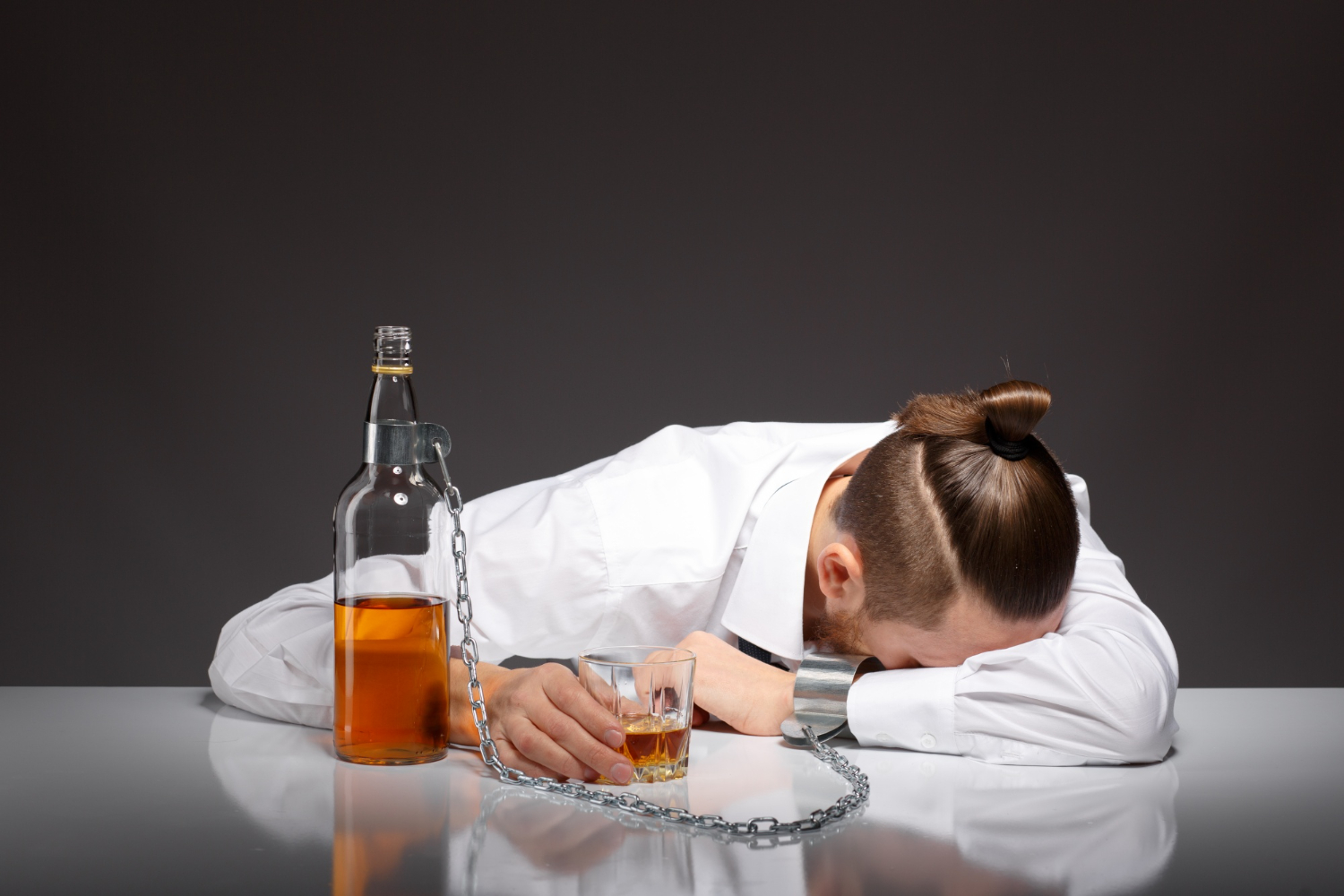Addictive substances can be broken into two different groups known as stimulants (or “uppers”) and depressants (or “downers”), depending on how they interact with the body and mind. From these descriptors, it’s pretty easy to decipher what the effects of these substances do. Despite the fact it is so often consumed in social settings and is marketed as a product to enjoy at parties and other lively events, alcohol is considered a “downer.” From this, the consumer can experience a state of sedation, dulled senses, and suspended inhibitions. This can create a temporary feeling of relaxation, but too much can present an entirely different outcome, which is why some links depression and alcohol.
Depression’s Link to Alcohol Addiction
About one-third of individuals experiencing depression will develop an addiction or abuse alcohol. Teens who experience major depressive episodes are twice as likely to develop an alcohol addiction compared to their peers. “Women are more than twice as likely to start drinking heavily if they have a history of depression.” They are also more likely to “overdo it” than their male counterparts when going through a depressive period.
Can You Develop Depression from Drinking?
Because of its suppressant qualities, it is very common for people to turn to alcohol to help them unwind after a stressful day at work or difficult other difficult experiences. This is perfectly acceptable, as long as a glass doesn’t turn into a bottle. When an individual begins to use alcohol to help them cope with every issue that arises, this can reflect the start of an alcohol addiction.
Also, if drinking becomes excessive, it can damage the brain and lead to depression. It can also cause you to develop depression inadvertently, through careless actions carried out during a state of intoxication (poor decisions, DUIs, etc.).
Seeking Help for Addiction and Depression
A preexisting condition of depression combined with a substance addiction is what is considered a dual diagnosis. When seeking recovery for a dual diagnosis, it is important to seek qualified, experienced help. At California Recovery Center, our team of certified care technicians are not only here to assist you in your recovery, but help you build a foundation and healthy coping mechanisms so you can live your best life.








